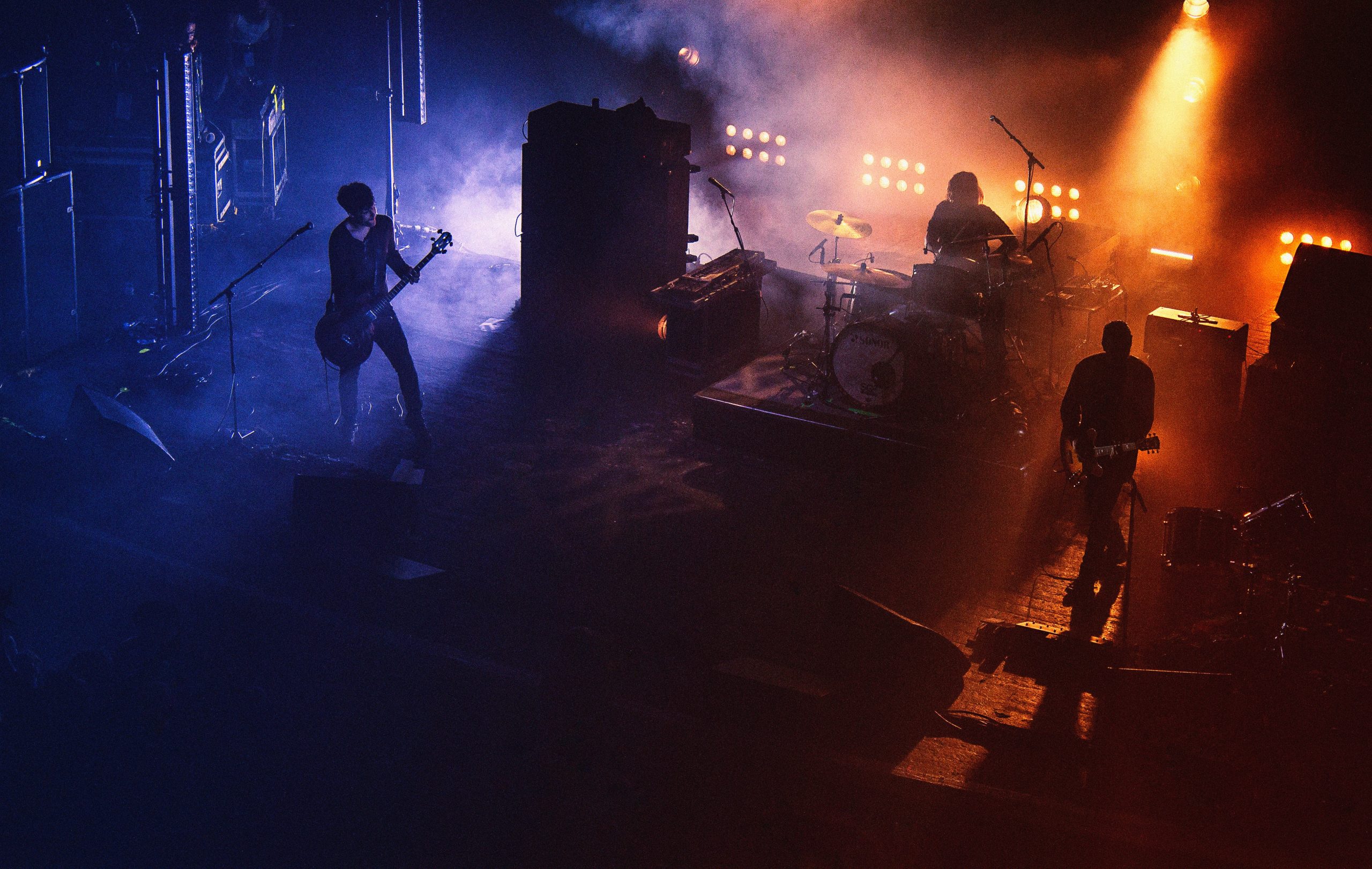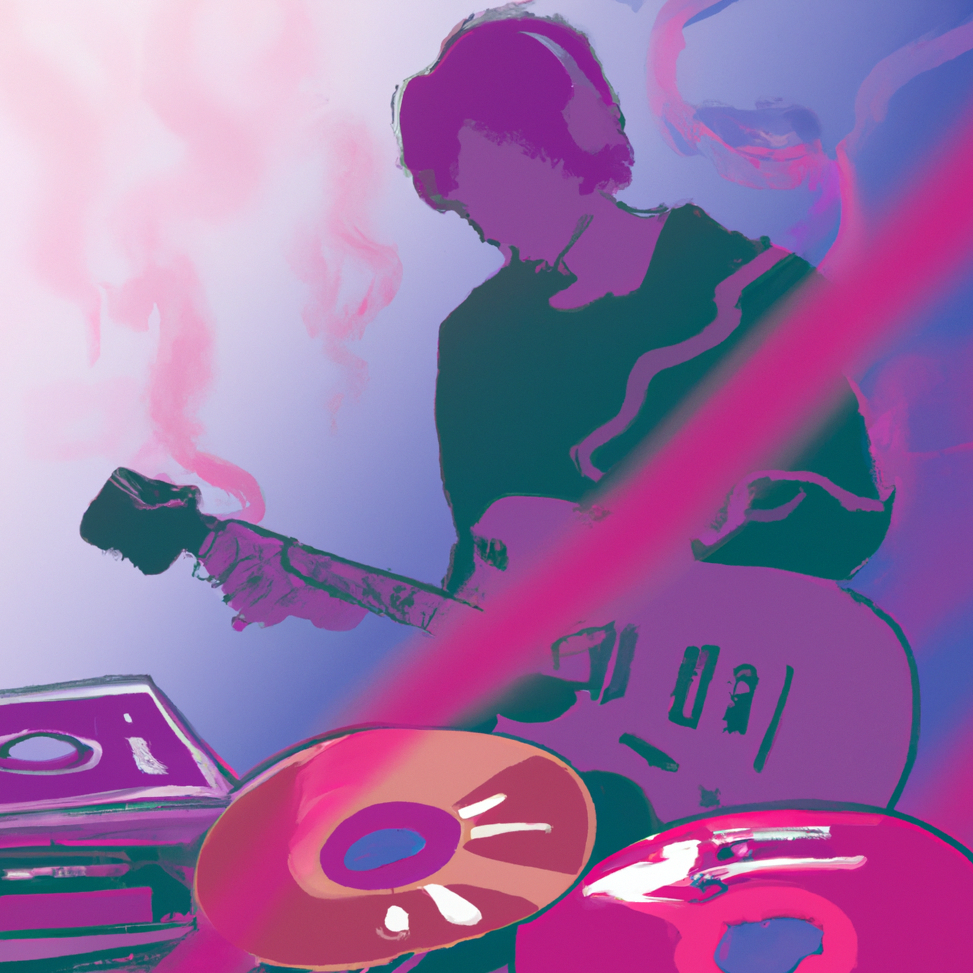Web3 & The Music Industry: A Revolutionary Duo
Last updated: 29 July 2024
Let’s face it – the music industry has always been resistant to change that disrupts existing business models. Despite the resistance, however, the buzz around Web3 suggests this new version of the Internet is coming – and fast.
But can Web3 actually solve pressing music industry problems? What are the benefits for artists? And, above all, how can Web3 change the industry so that artists can finally take centre stage?
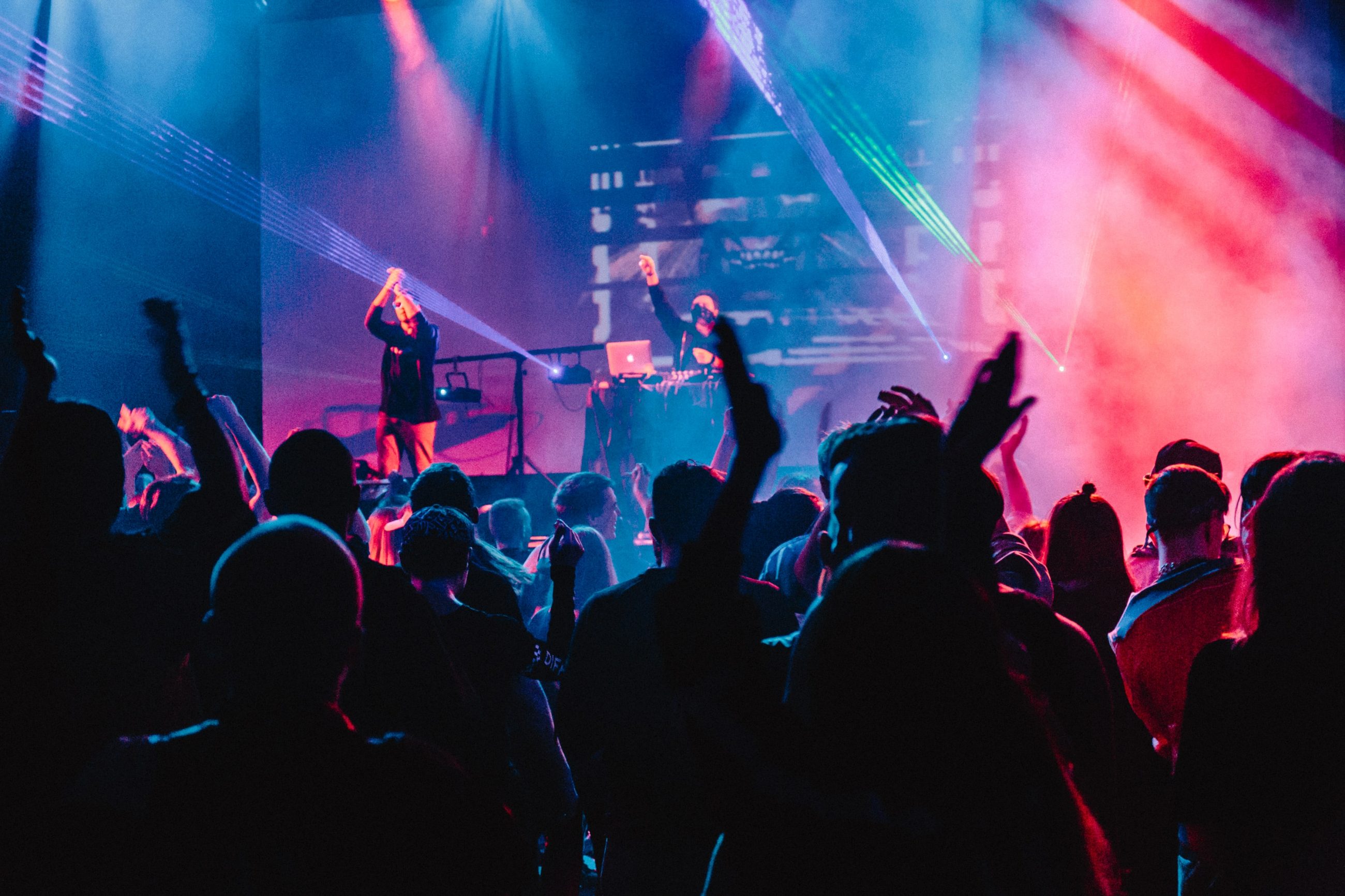
What is web3?
First things first – what exactly is web3? Simply put, it is the third generation of the internet. In contrast to Web1 and Web2, Web3 is the read/write/own stage of the Internet. In addition to creating and interacting with content, each individual has the power to participate in the creation of this new Internet.
Since Web3 is still in its infancy, different people interpret it differently. However, it’s widely understood that Web3 is decentralised – and closely linked to blockchain and crypto.
3 Web3 solutions for music industry problems
Disrupting streaming
Streaming platforms have long been criticized for their low payouts-per-stream. They often make headlines for features that hinder emerging artists, rather than help them. In addition to these low payouts, artists have to deal with intermediaries such as labels and distributors, who all take a cut, leaving the artist with little or no money from streaming.
On the other hand, blockchain-based streaming services such as Audius allow artists to upload their music directly to the platform, eliminating intermediaries that typically receive a commission. Although every Web3 streaming service operates in its own unique way, they all share the common goal of providing fair compensation to artists for their hard work and prioritising high-quality audio. Furthermore, these streaming services function as DAO – decentralised autonomous organizations – allowing both artists and fans to have a direct influence on the future and direction of the platform.
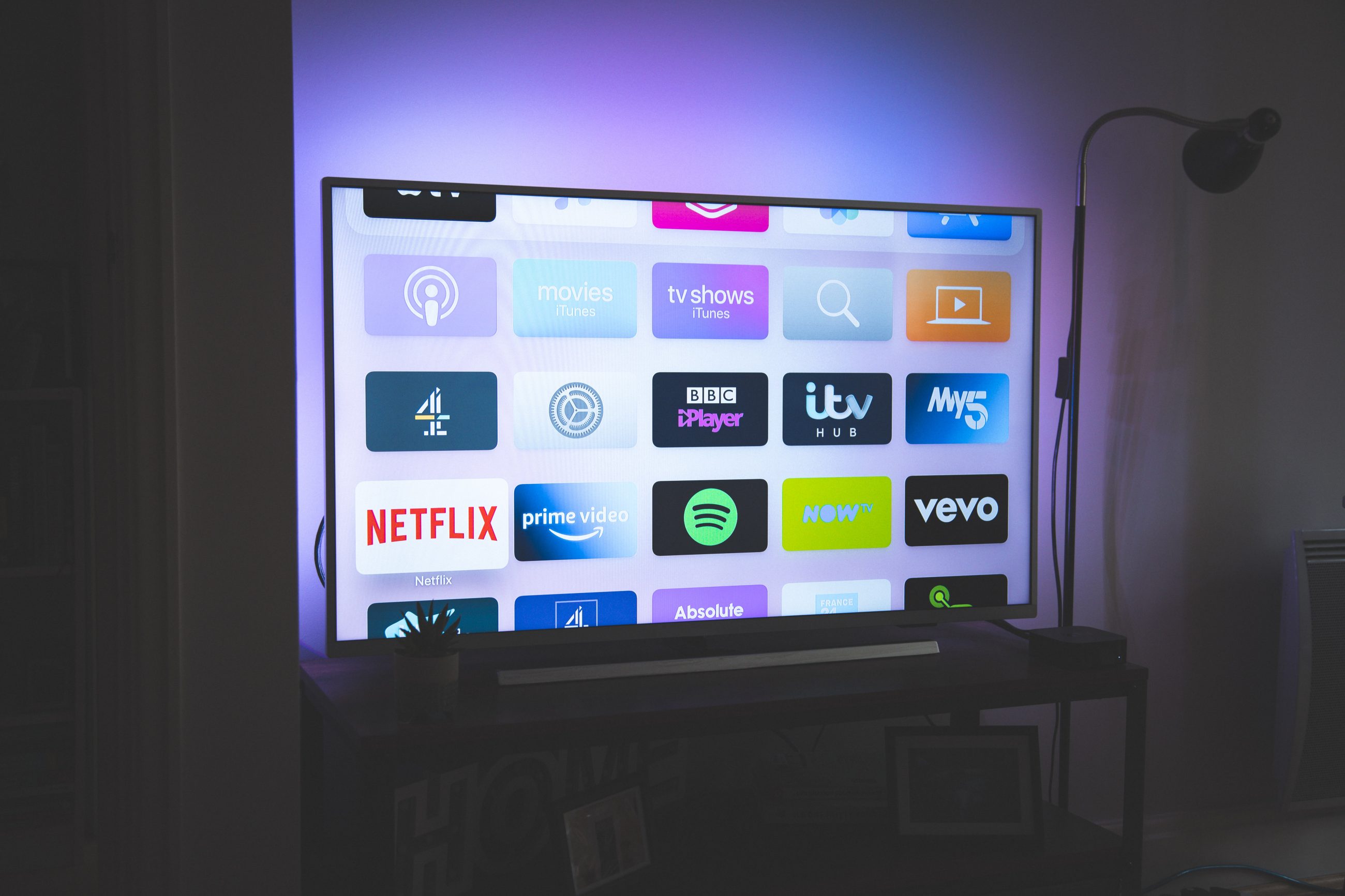
Revolutionising payments via blockchain
If you’re an artist, you know that it takes months to register as self-employed or establish a partnership with your bandmates and set up a bank account. In addition to a lengthy bureaucratic process, you’ll probably spend money on consulting a legal adviser and accountant to navigate the system.
Additionally, DSP payments usually come into your bank account every quarter. Therefore, you have to wait at least four months to receive any payment, which then needs to be verified by your bank before you can actually use that money.
A decentralised payment network means you can get paid and exchange money without having to trust third parties to protect your money. Globalisation and global access to the Internet mean that a blockchain-based payment system makes international transfers cheaper, more transparent and less vulnerable to hacking.
Decentralised payment networks can bring financial services to artists and musicians living in countries that don’t have access to the traditional global financial system. Anyone with a mobile phone can set up a wallet and instantly access crypto money transfers, thereby reducing financial barriers.
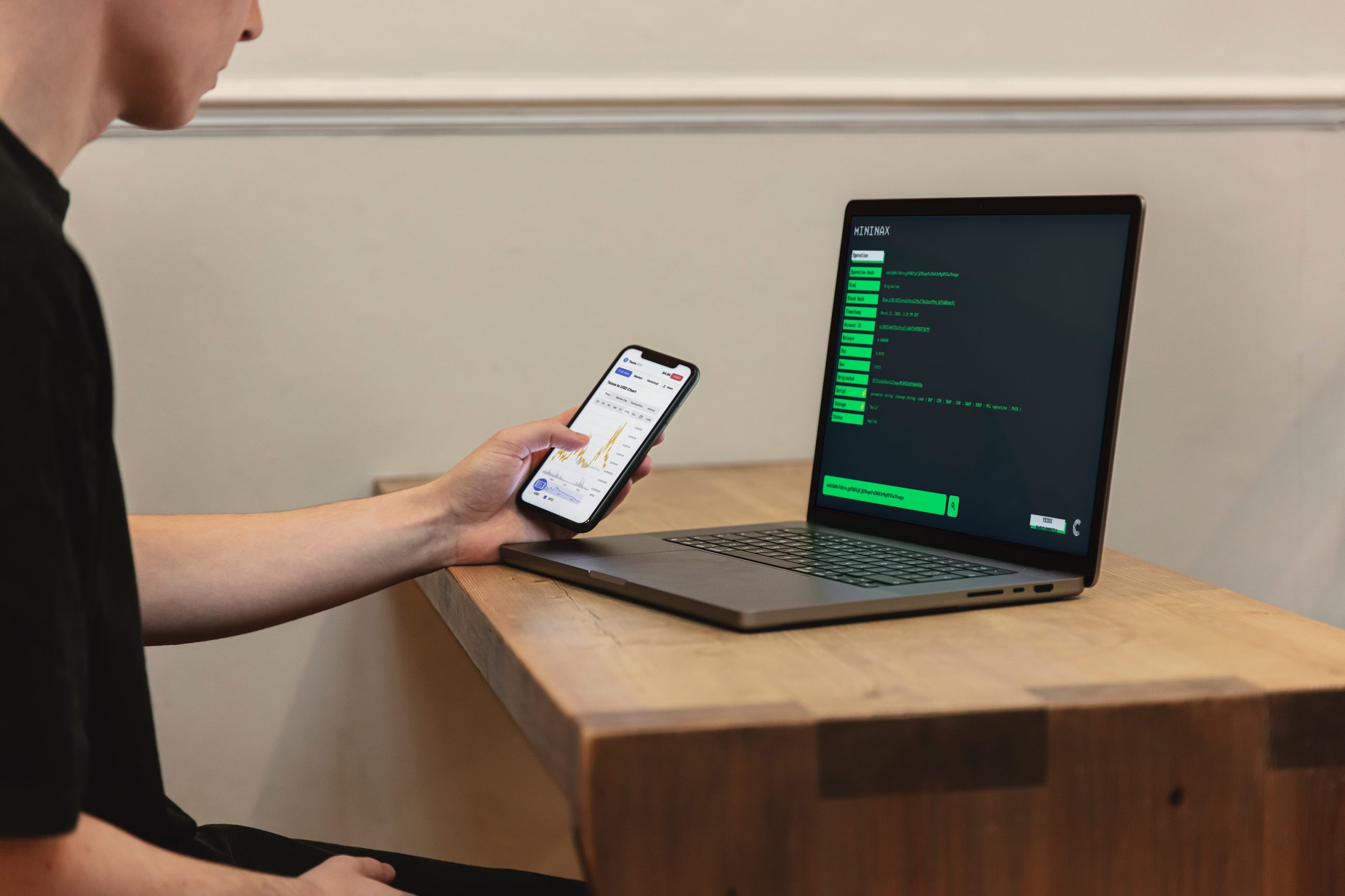
Next-level fan engagement
One of the biggest advantages of this new technology is its ability to offer next-level fan engagement. Compared to Web2, there are more opportunities for interactive experiences, exclusive events and communities, fan-generated content and gamification.
Virtual concerts, which have exploded in popularity in recent years, are a good example of Web3-powered fan engagement. The ground-breaking Travis Scott Fortnite concert in 2020 not only reached 27.7 million unique players, but also grossed $20 million, including merchandise sales.
In 2023, popular K-pop girl group’s BLACKPINK’s VR concert on Meta Horizon Worlds allowed fans from all over the world to immerse themselves in the K-pop group’s massive Seoul concert from the comfort of their own homes. Safe to say, we’ve barely begun to scratch the surface of what the next iteration of the internet can offer in terms of fan engagement!
Why should artists explore web3?
The most interesting aspect of Web3 is that, although it’s a nascent technology, it’s undoubtedly a fast-growing one. Until a few years ago, only the tech heads knew about this new iteration of the internet. Today, it’s a rapidly growing ecosystem of passionate builders who use decentralised technology to solve some of the world’s biggest problems.
As the technological landscape continues to evolve, it’s becoming increasingly clear that being an early adopter has its benefits. By looking beyond Web2 and music industry problems and barriers, artists can use Web3 to build and engage their own fan communities and tap into unexplored spaces. Moreover, with new business models and ownership concepts, Web3 enables artists to live off their art in a way that wasn’t possible before.



